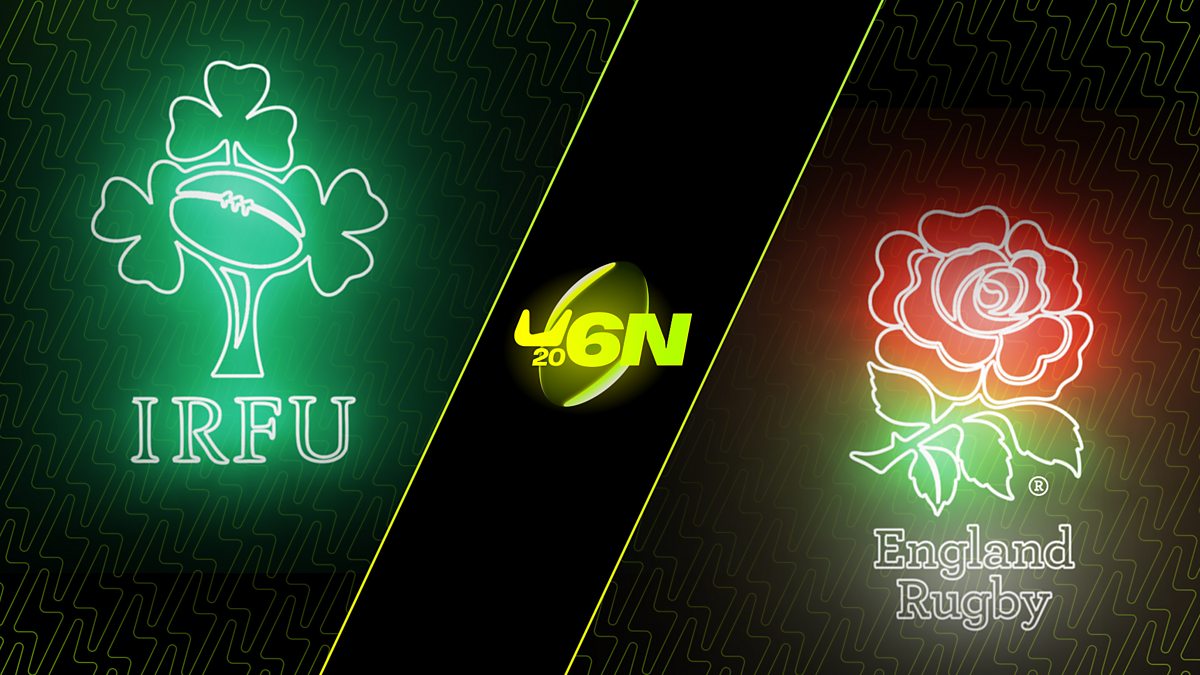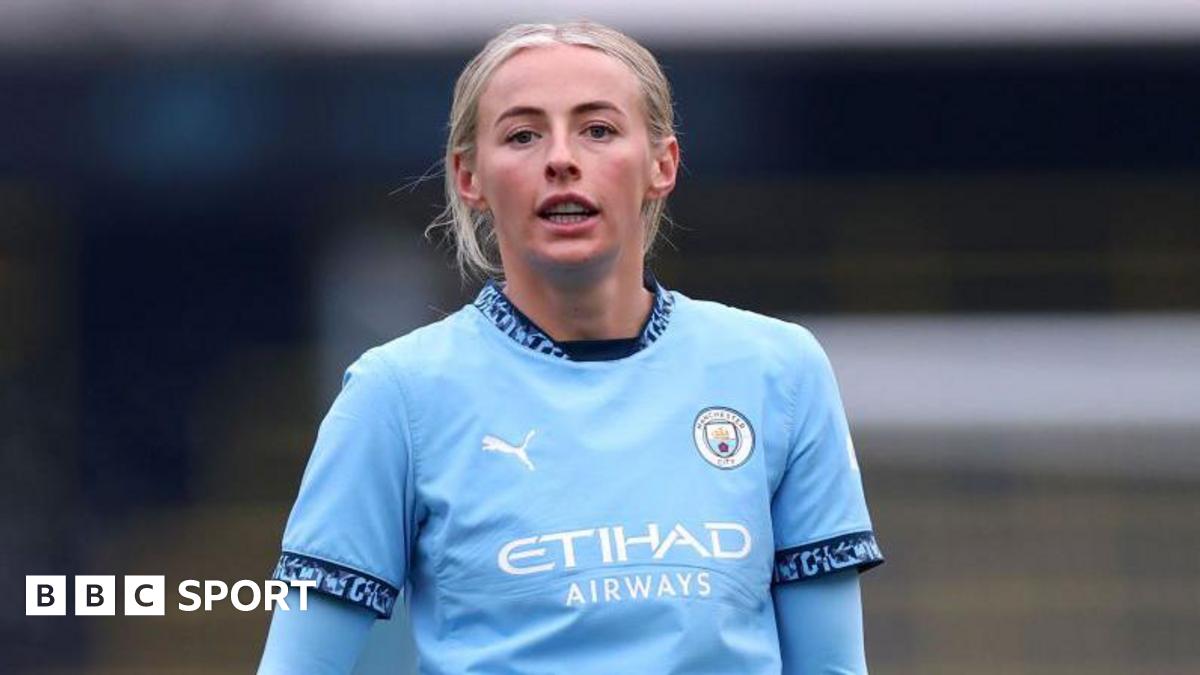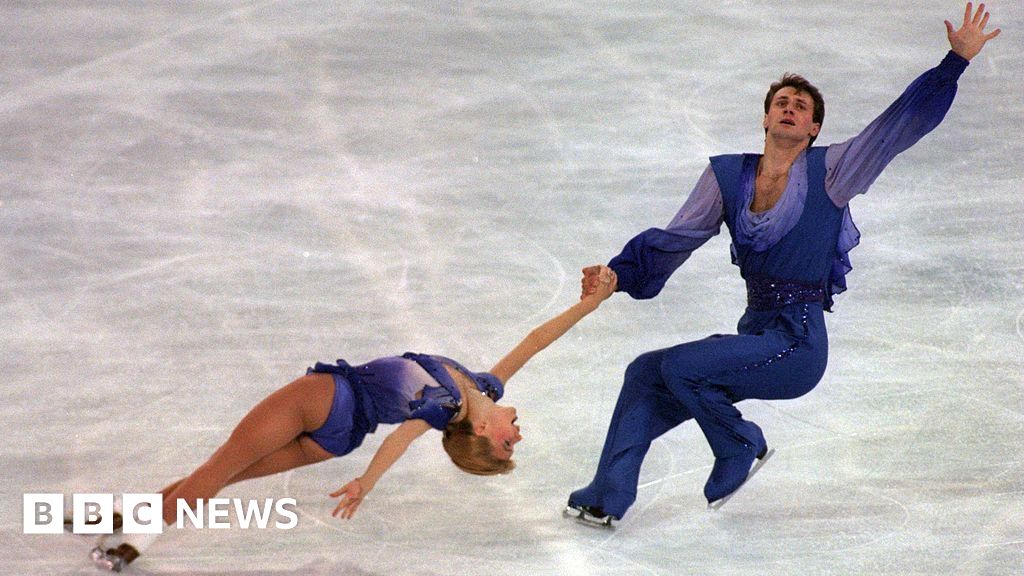Fifa rules which govern the way some football transfers work break the European Union's laws, the highest European court has found.
A long-running legal battle between ex-Chelsea and Arsenal midfielder Lassana Diarra and Fifa has ended with the European Court of Justice finding in favour of the former player.
Diarra's legal team challenged some of Fifa's rules after the termination of his contract with Russian club Lokomotiv Moscow in 2014.
They argued some of the rules imposed by football's global governing body restricted his freedom of movement and breached competition law, and sued Fifa for damages.
The court's judgement says that, by refusing to provide Diarra with an international transfer certificate (ITC) for a proposed move to Belgian club Charleroi in 2015, Fifa demonstrated that its rules "impede the free movement of professional footballers wishing to develop their activity by going to work for a new club".
A Fifa spokesman said: "Fifa is satisfied that the legality of key principles of the transfer system have been reconfirmed in today's ruling.
"The ruling only puts in question two paragraphs of two articles of the Fifa regulations on the status and transfer of players, which the national court is now invited to consider."
Former France international Diarra has been mired in a series of legal battles since his contract with Lokomotiv Moscow was terminated by the club in 2014.
Following a dispute with manager Leonid Kuchuk, Lokomotiv alleged Diarra refused to appear at training or accept a lower salary, and dismissed him three years before his deal was due to expire.
In 2016 a Fifa ruling - backed up by the Court of Arbitration for Sport - found Diarra liable for breach of contract, ordering him to pay €10m (£8.4m) to Lokomotiv and suspending him from professional football for 15 months.
When Diarra subsequently agreed a deal to join Charleroi, the club sought assurances that they would not be liable to pay any compensation to Lokomotiv.
Fifa then refused to issue Charleroi with an ITC, required by clubs across the world to register a newly signed player, and so the deal collapsed.
Diarra's lawyers contested this specific rule - which makes a club wishing to sign a player jointly liable for compensation to a player's old club, and at risk of sporting sanctions, in cases where the player's previous contract was terminated without just cause.
They also challenged a rule which allows the national association of a player's former club to withhold an ITC where there was a dispute, which they said also hindered the move.
The court has determined that Fifa should not be able to use the ITC system to prevent players moving and working where they choose.
Parts of Fifa's transfer rules will have to be revised to remain valid in the EU.
A statement from global players' union Fifpro called the judgement "a major ruling" which it said "will change the landscape of football", but added it would communicate further after "analysing the ruling in depth".
Diarra's lawyers called it a "total victory" and claimed any players impacted by a similar situation could claim compensation. They said the ruling would "speed up the modernisation of governance" at Fifa.
Fifa said it would "analyse the decision in co-ordination with other stakeholders before commenting further".
In essence, the court has determined that players should have more power to move and work where they wish, and that Fifa rules should be less restrictive.
The court's view is that a player whose contract has been terminated, as in Diarra's case, should be able to go and play in a different country without either the player or the new club being automatically required to pay significant compensation to the former club.
This gives greater power to players and their agents in the transfer market.
Currently, players are treated like business assets. The court's judgement is in part based on the notion that players should be treated like European workers in other industries, who are free to leave their jobs and move to another company or country as they see fit.
The exact ramifications of the judgement will be made clear once Fifa puts forward its new regulations.

 Movie
Movie 3 months ago
57
3 months ago
57 





![Presidents Day Weekend Car Sales [2021 Edition] Presidents Day Weekend Car Sales [2021 Edition]](https://www.findthebestcarprice.com/wp-content/uploads/Presidents-Day-Weekend-car-sales.jpg)



 English (United States)
English (United States)